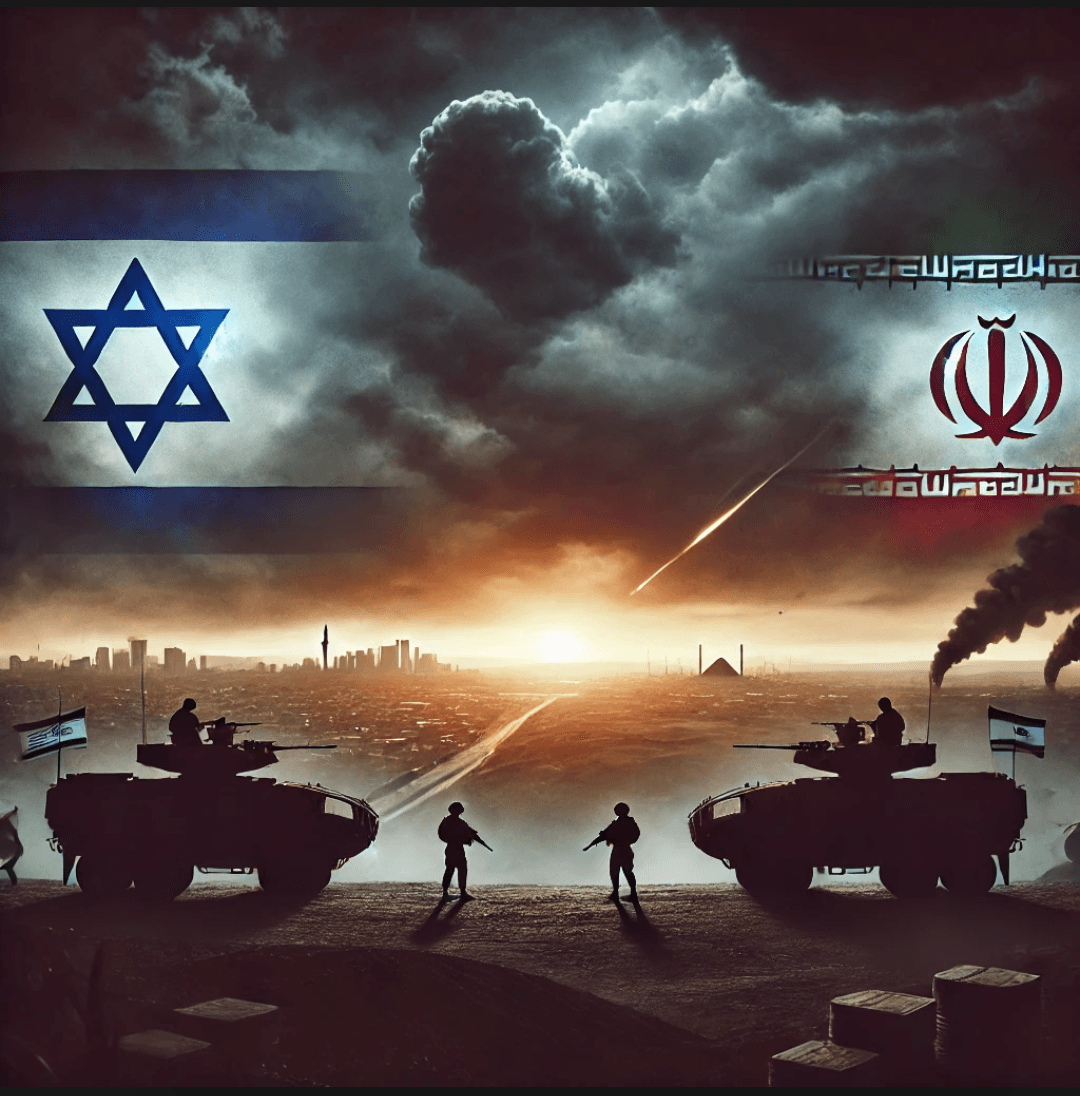Iran-Israel Tensions The Middle East, already known for its volatility, is once again witnessing heightened tensions between Iran and Israel. The long-standing animosity between these two nations stems from a complex mix of geopolitical, religious, and security concerns. In recent weeks, reports have surfaced indicating a potential escalation, with both nations engaging in hostile rhetoric and military posturing.
Historical Context
Iran and Israel have been adversaries for decades, but the roots of their rivalry can be traced back to the 1979 Iranian Revolution. Iran’s theocratic regime has consistently opposed Israel’s existence, often calling for its destruction. On the other hand, Israel views Iran’s nuclear ambitions and support for groups like Hezbollah as direct threats to its national security.
The Current Situation
In recent months, tensions have reached new heights. There are several factors contributing to this escalation:
- Iran’s Nuclear Program
Iran continues to pursue its nuclear program, which Israel sees as an existential threat. Despite efforts from the international community to curb Iran’s nuclear ambitions through diplomacy, Israel has not ruled out military action if it believes Iran is close to developing nuclear weapons.
- Proxy Wars
Iran has supported various militant groups across the region, particularly Hezbollah in Lebanon and Hamas in Gaza. These groups have launched attacks against Israel in the past, and there are concerns that Iran could use them to strike at Israel
- Cyber Warfare
Both nations have reportedly engaged in cyberattacks against each other. Israel has accused Iran of attempting to disrupt its critical infrastructure, while Iran claims Israel has been behind several attacks on its nuclear facilities.
- Regional Alliances
Iran has strengthened its ties with Russia and China, while Israel has deepened its cooperation with Gulf Arab states through the Abraham Accords. This has further polarized the region and raised the stakes of any potential conflict.
Potential Consequences of a Full-Scale War
While tensions between Israel and Iran have simmered for years, a full-scale war would have devastating consequences not just for the two nations but for the entire region and beyond. Key concerns include:
- Global Oil Markets

A conflict could disrupt the flow of oil from the Persian Gulf, leading to soaring prices and a global economic crisis.
- Refugee Crisis
Any war in the Middle East could lead to a massive displacement of people, creating a humanitarian crisis in neighboring countries and beyond.
- Global Involvement
Given the international alliances on both sides, a conflict between Israel and Iran could potentially drag in global powers like the U.S., Russia, and China, further complicating the situation.
The possibility of war between Israel and Iran remains a concern for the international community. While both nations continue to engage in aggressive rhetoric, the hope remains that diplomatic efforts can prevent an all-out conflict. The stakes are too high, and the consequences too dire for the Middle East and the world at large
Supriya Sule


